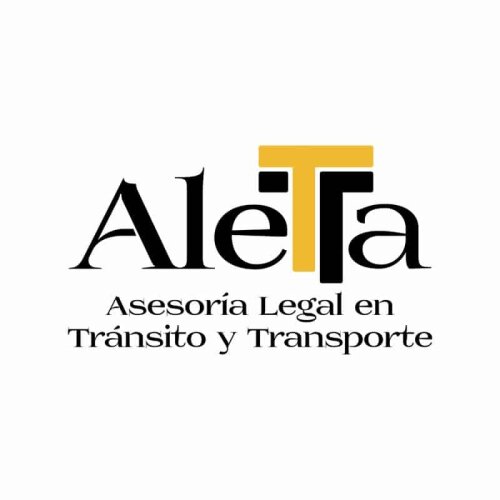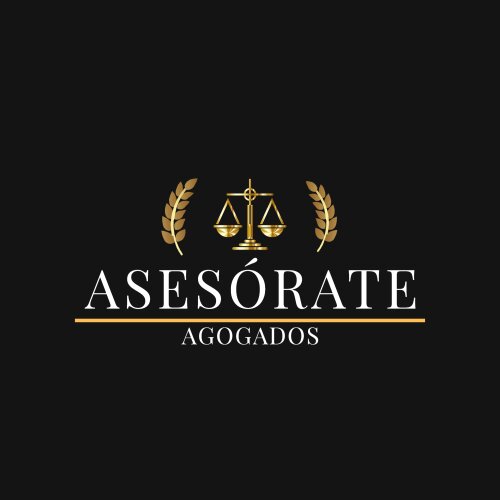Best Assault & Battery Lawyers in Colombia
Share your needs with us, get contacted by law firms.
Free. Takes 2 min.
Or refine your search by selecting a city:
List of the best lawyers in Colombia
About Assault & Battery Law in Colombia:
Assault and battery are criminal offenses in Colombia that are taken seriously by the legal system. Assault is the act of causing someone to fear imminent bodily harm, while battery is the intentional and unlawful touching of another person without their consent. These offenses can result in criminal charges, fines, and imprisonment.
Why You May Need a Lawyer:
If you have been accused of assault or battery in Colombia, it is crucial to seek legal representation. A lawyer can help protect your rights, navigate the legal system, and work towards the best possible outcome for your case. Additionally, if you are the victim of assault or battery, a lawyer can assist you in seeking justice and compensation for your injuries.
Local Laws Overview:
In Colombia, assault and battery are covered under the Criminal Code. The penalties for these offenses vary depending on the severity of the crime and whether it resulted in bodily harm. It is important to note that self-defense may be a valid defense in assault and battery cases, but it must be proven in court.
Frequently Asked Questions:
Q: What is the difference between assault and battery?
A: Assault is the threat of harm, while battery is the actual physical contact without consent.
Q: Can I be charged with assault or battery if it was in self-defense?
A: Self-defense may be a valid defense, but it must be proven in court that your actions were justified.
Q: What are the potential penalties for assault and battery in Colombia?
A: Penalties can range from fines to imprisonment, depending on the severity of the offense.
Q: Do I need a lawyer if I have been accused of assault or battery?
A: It is highly recommended to seek legal representation to ensure your rights are protected and to work towards a favorable outcome for your case.
Q: How can I find a reputable lawyer to help with my assault or battery case?
A: You can research online, ask for referrals, or contact the Colombian Bar Association for assistance in finding a qualified lawyer.
Q: Can I file a civil lawsuit for assault or battery in addition to criminal charges?
A: Yes, you may pursue a civil lawsuit to seek compensation for damages resulting from the assault or battery.
Q: Is there a statute of limitations for filing charges for assault or battery in Colombia?
A: The statute of limitations for these offenses varies depending on the severity of the crime and can range from 1 to 20 years.
Q: What evidence is needed to prove assault or battery in court?
A: Evidence such as witness statements, medical records, and physical evidence can help prove assault or battery in court.
Q: Can I drop charges against someone I accused of assault or battery?
A: In Colombia, it is up to the prosecutor to decide whether to pursue criminal charges, but you may request to drop charges or settle the case out of court.
Q: How long does a typical assault or battery case take to resolve in Colombia?
A: The timeline for resolving an assault or battery case can vary depending on the complexity of the case, the court's schedule, and other factors.
Additional Resources:
For further information and assistance regarding assault and battery in Colombia, you can contact the Colombian Bar Association or seek guidance from legal aid organizations such as Fundación ProBono Colombia.
Next Steps:
If you are in need of legal assistance for an assault or battery case in Colombia, it is advisable to consult with a qualified lawyer as soon as possible to protect your rights and navigate the legal process effectively.
Lawzana helps you find the best lawyers and law firms in Colombia through a curated and pre-screened list of qualified legal professionals. Our platform offers rankings and detailed profiles of attorneys and law firms, allowing you to compare based on practice areas, including Assault & Battery, experience, and client feedback.
Each profile includes a description of the firm's areas of practice, client reviews, team members and partners, year of establishment, spoken languages, office locations, contact information, social media presence, and any published articles or resources. Most firms on our platform speak English and are experienced in both local and international legal matters.
Get a quote from top-rated law firms in Colombia — quickly, securely, and without unnecessary hassle.
Disclaimer:
The information provided on this page is for general informational purposes only and does not constitute legal advice. While we strive to ensure the accuracy and relevance of the content, legal information may change over time, and interpretations of the law can vary. You should always consult with a qualified legal professional for advice specific to your situation.
We disclaim all liability for actions taken or not taken based on the content of this page. If you believe any information is incorrect or outdated, please contact us, and we will review and update it where appropriate.
Browse assault & battery law firms by city in Colombia
Refine your search by selecting a city.















